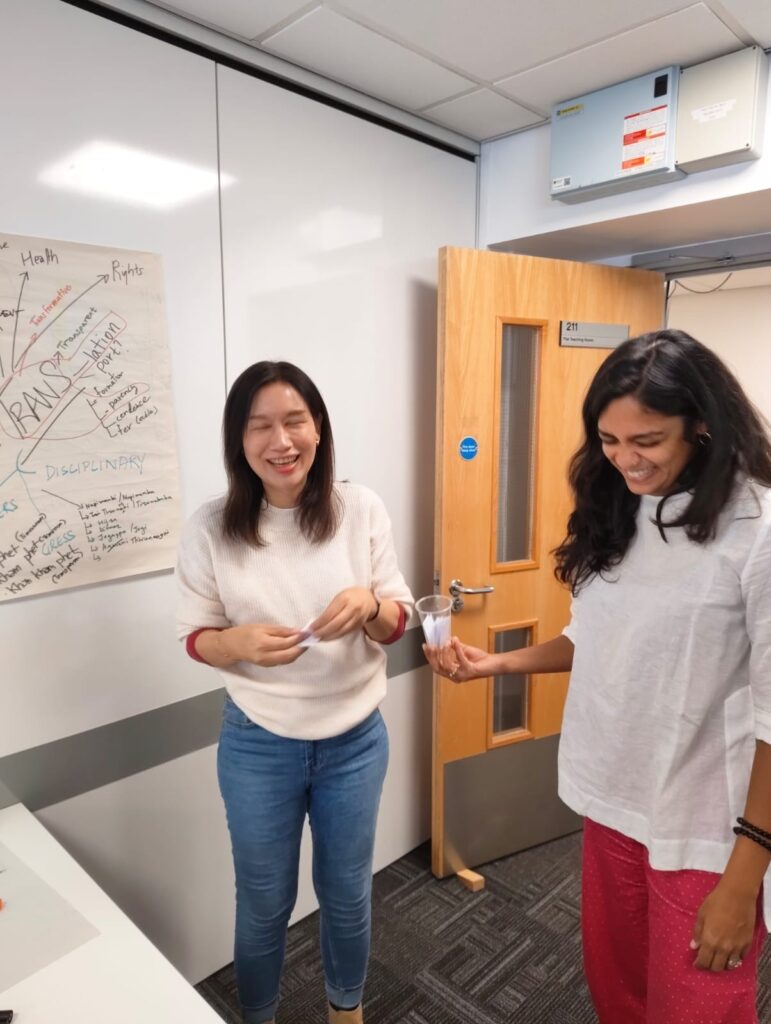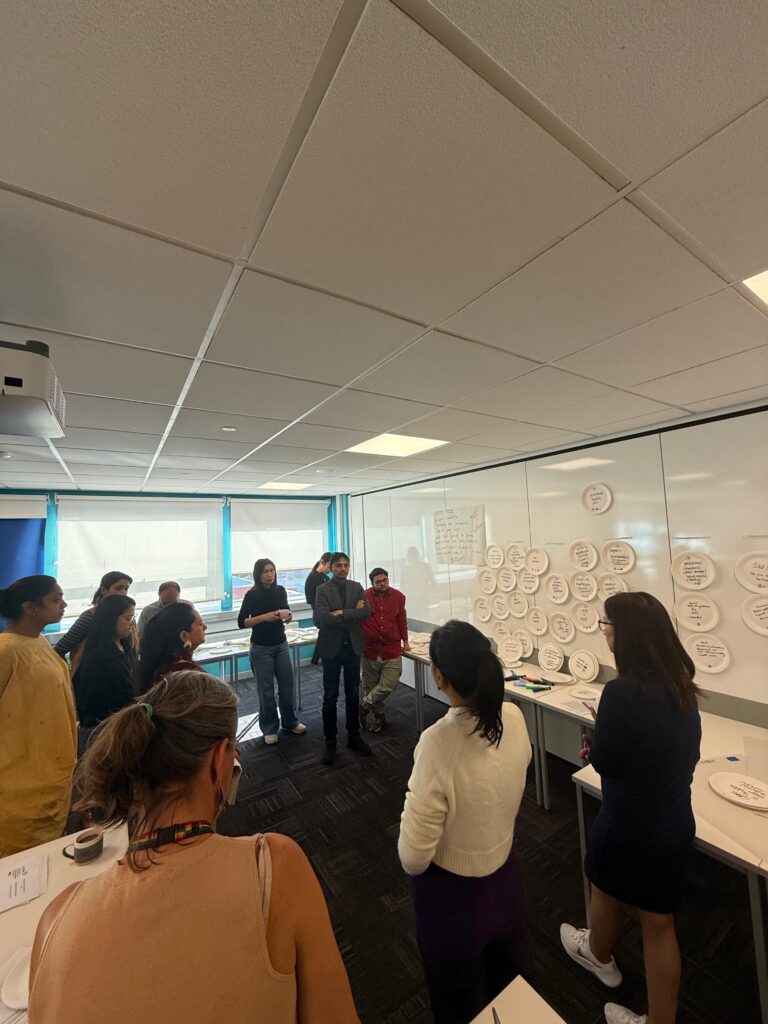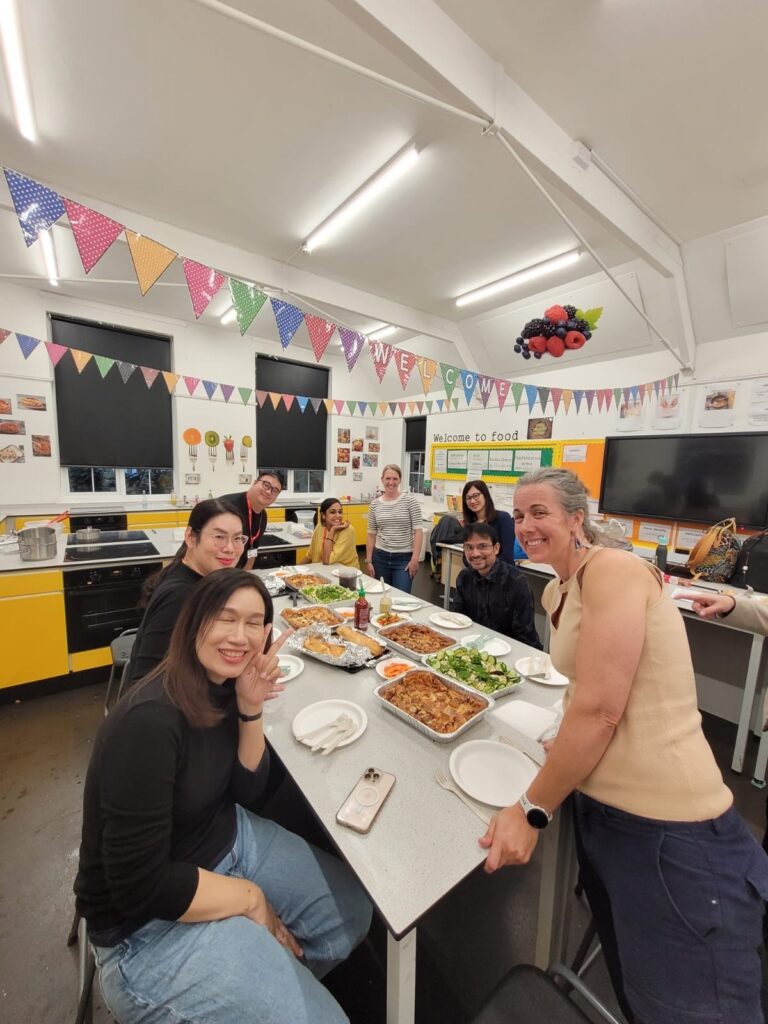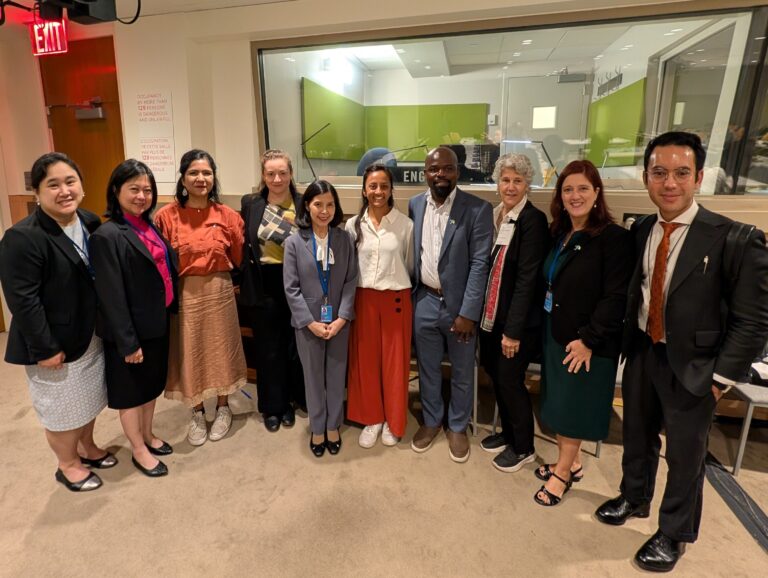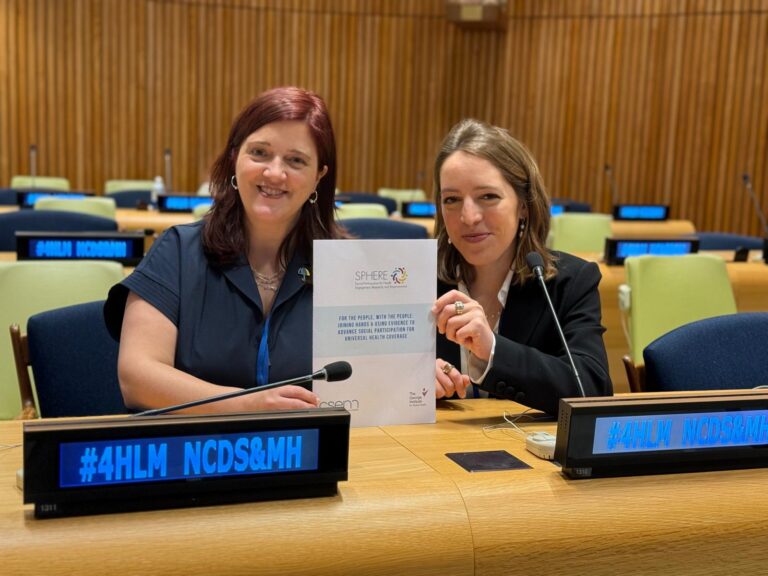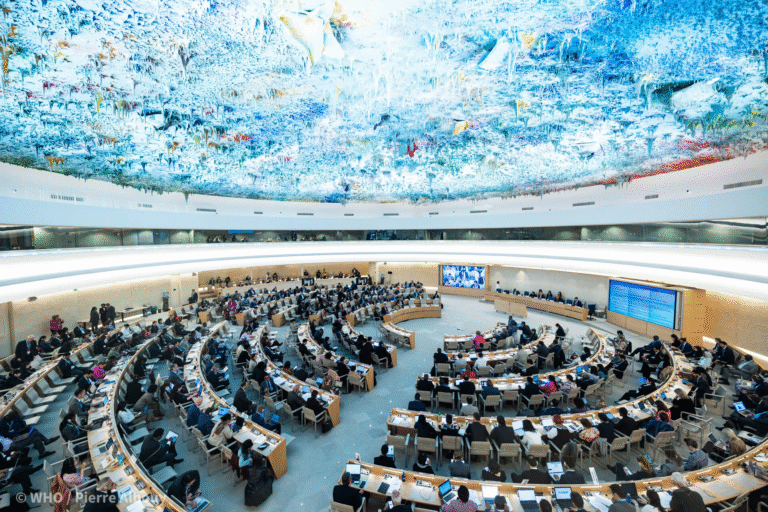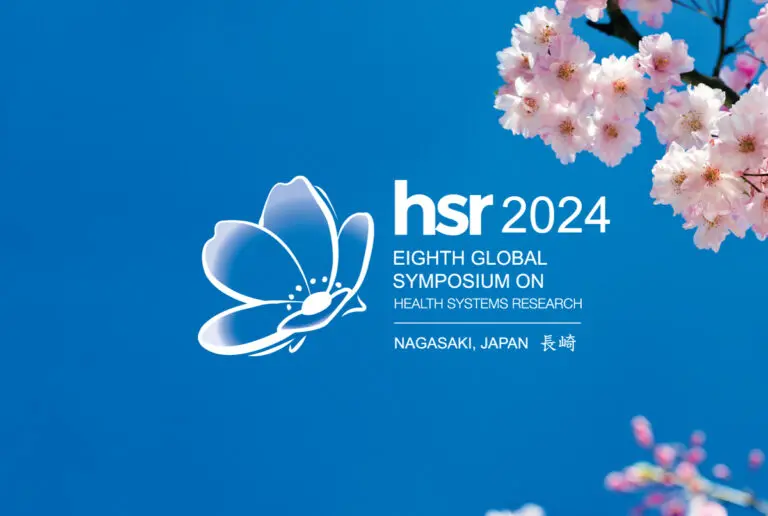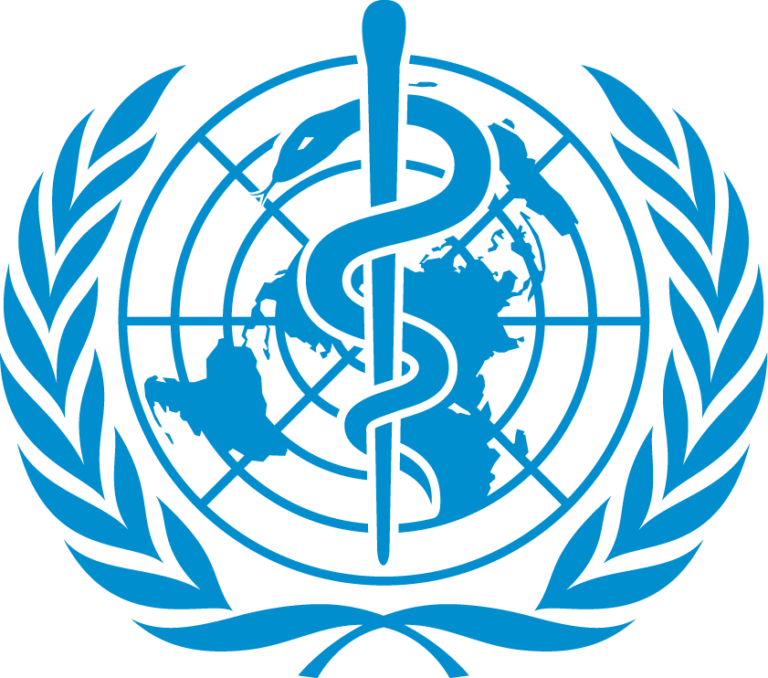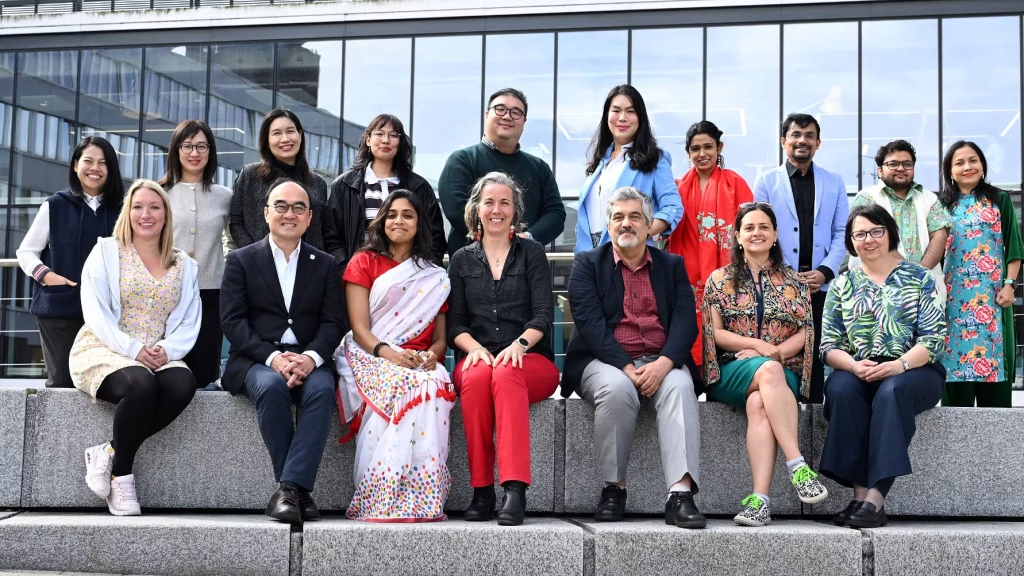
September 2025
By The George Institute for Global Health SUNWAI Team
It was a breezy September morning in Newcastle. Organizers, researchers and advocates from across Asia made their landing – in their truly individual ways. The team from the India office of the George Institute for Global Health and from the Centre for Supporting Community Development Initatives (SCDI) and Hanoi Medical University in Vietnam were early, eager birds, armed with our cameras, raring to see each other and also to have this chance to expand our existing SPHERE collaboration into SUNWAI (meaning “to be heard”), comprising an altogether new and exciting set of collaborators.
SUNWAI marked a key departure and development in the scope of what our work at SPHERE has so far been about. In Vietnam, our collaboration has focused on families living with TB and how advocacy has progressed in the country by CBOs as well as individuals and families affected by TB.
With SUNWAI, we set out to build out the work done in SPHERE and focus on social participation agendas that seemed to call out for collaboration and partnership. This began in many ways with aligning our interests across country contexts– Thailand, Vietnam and India – as well as academic and civil society partners. Significant differences were observed in level of social health insurance (SHI) knowledge, participation in raising awareness activities and participation in policy advocacy across province, age, gender and ethnicity. Tailored strategies to strengthen advocacy capacity and promote equitable engagement are essential to enhancing access to care, reducing financial hardship, and advancing universal health coverage in Vietnam.
Of course, in our convening, it was the craggy cliffs of Newcastle, the seagulls, the sounds of the ocean and the odd canine visitor who took our focus and attention, alongside the chatter and hum of conversation brewing in the company and camaraderie we were just starting to cultivate. Joining us for treats along the way, escape to lunch in a short but blustery downpour, followed by icecream was the Thai team, who brought their good cheer and singing to the mix! More voices, more stories, more listening!
In Newcastle, walking, sharing a meal, and spending a time together allowed us to keep emphasis on building safety and community for us as members of a newly formed consortium. We had aligned interests, but had we aligned passions, hobbies, quirks, and idiosyncrasies?
It turned out that we truly did. From a passion for walking and talking (and talking and talking), to ice-cream flavours, from opinions on condiments needed to consume UK cuisine, to cooking (in groups!), to dressing up (each other!), from Lego to Patrick from Spongebob, there were many moments to cherish and where community was built.
A key part of this was thinking about representation. From our first day, we were representing civil society, community and academic voices in each of our contexts. Throughout the week, we were representing ourselves individually to each other as individuals, as country teams, as community representatives or academic voices. By the second day, we were representing SUNWAI to groups as variable as Newcastle University, through to the local vintage shops and students from Monkseaton middle school. In a seminar we hosted on 11 September, we were representing this global health issue to the UK public as well. Over and over, this meeting was about that and taught us great lessons in clarity, trust, and voice.
The core thread that ties the SUNWAI together is the emphasis on recognizing and amplifying the voices of trans and gender-diverse communities. As a result, these voices continue to guide, inform, and shape the project through community consultations.
On the first day, the country teams shared an overview of the main insights from the consultations held before the Inception meeting. These consultations aimed to identify major challenges, knowledge gaps, available or potential opportunities, and the ‘groups within groups’ that are currently overlooked.
This exercise highlighted not only regional differences in the experiences of trans and gender-diverse individuals but also common issues that continue to persist, such as stigma, discrimination, and unequal access to healthcare services. The approach to addressing these issues must account for the different contexts in which they occur. Therefore, each country provided a truly unique perspective on the opportunities that could be leveraged to address these challenges effectively; in Vietnam, this involves a specific focus on mental health services; in Thailand, the emphasis is on economic inclusion and social protection; in India, the focus is on financial risk protection and mediation. Despite the varying approaches proposed and differences in emphasis, all teams agree that partnerships with CBOs and civil society in general will be a key part of addressing the main challenges and leveraging any available or potential opportunities.
The meeting started with a Lego Serious Play facilitation by a colleague trained in its use, Terry McStea. Terry made us not merely be heard about our sense of what we bring to SUNWAI and what we hope the consortium will achieve, but also listen carefully to each other about how we frame and understand what this project is about. From thinking about ladders and bridges, to letters made out of lego shapes, this was an exercise not just in visioing, but also in communicating.
Later in the day, as a team, we went to a middle school and dressed ourselves to manifest the vision of what SUNWAI will “look like” at its end. As part of this, we had a group of middle school students, 9-11 year olds, to whom we described what our work was about. So it was our turn to determine our articulation if we wished to be heard by children and our future generations. This was a humbling activity as we fumbled with words and phrasing to think, in the most clear of terms, what SUNWAI is about. Even having spent a good part of the morning articulating ourselves in creative ways, this was a new challenge, of how we wish to be heard.
Following this were more chances to be heard and equally, to share our articulation and thinking on the issue of social participation for health. Northumbria University hosted a public event named Global Health Seminar: Social Participation for Health: Perspectives of Sexual and Gender Minority Groups in Asia on campus on 11 September, which essentially provided the introductory outreach platform for SUNWAI. The event included landscape presentation by country partners and a fireside chat with representative panellists from Thailand, India and Vietnam.
During the landscape presentations, representatives from each of the partner countries provided an overview of ground realities around health rights and policy for social and gender diverse people, along with the initiatives and movements for social participation. The Thai speaker emphasized on need for multi-sectorial crosstalk across academia, civil society/CBO, Government bodies and local and international agencies for envisioned policy change that is co-created through community voice. The speaker from India highlighted the intertwined legal and health policy landscape for transgender health, as well as the practical and operational challenges to translate legal milestones into healthcare service that actually reach people in their time of need. The speaker from Vietnam shared the waxing and waning mobilization efforts that had been underway towards visibilising the health issues of SGM, and the long(er) path ahead to a an enabling programmatic and legal framework gender affirming and accessible health services.
Another group of speakers from Thailand, India and Vietnam then spoke in a moderated fireside chat. The conversation delved into the drivers of social participation across context, ingrained social and institutionalized stigma (including colonial and casteist division sand legacies), and curated the open questions that need to be addressed towards achieving universal and equitable access to health and human rights for everyone in need. These questions included the search for appropriate mechanisms and platforms towards (a) creating the essential connect between the ground network of CBOs to the existing body of knowledge to strengthen evidence-based advocacy; (b) consolidating resources such as data, models and advocacy strategy/platforms to create robust partnership movements that are locally grounded yet globally united; and (c) building cross-solidarity across relevant social/ right-based movements (e.g. Feminist movement and Trans-queer movement; Anti-caste discrimination and Health rights).
In many – but perhaps not enough – ways, these few days in Newcastle allowed country partners, in conversation and budding solidarity with their collaborators in the UK, to interact, be heard and to listen. As we move through the rest of the inception of our consortium, and our teams actually come together (so many of us couldn’t go to Newcastle this September), the inception meeting represents but one of many chances to create safety and trust within our group, across our groups and with other people in each of the places where we work. As we advance through the next period of setting ourselves up – we want to continue to hone and expand our skills of listening – even to sporadic silences, with patience and resolve. Our next major set of interactions is planned to bring SUNWAI in conversation with other social participation initiatives including SPHERE, to help us further advance our framing and our identity as a group.
